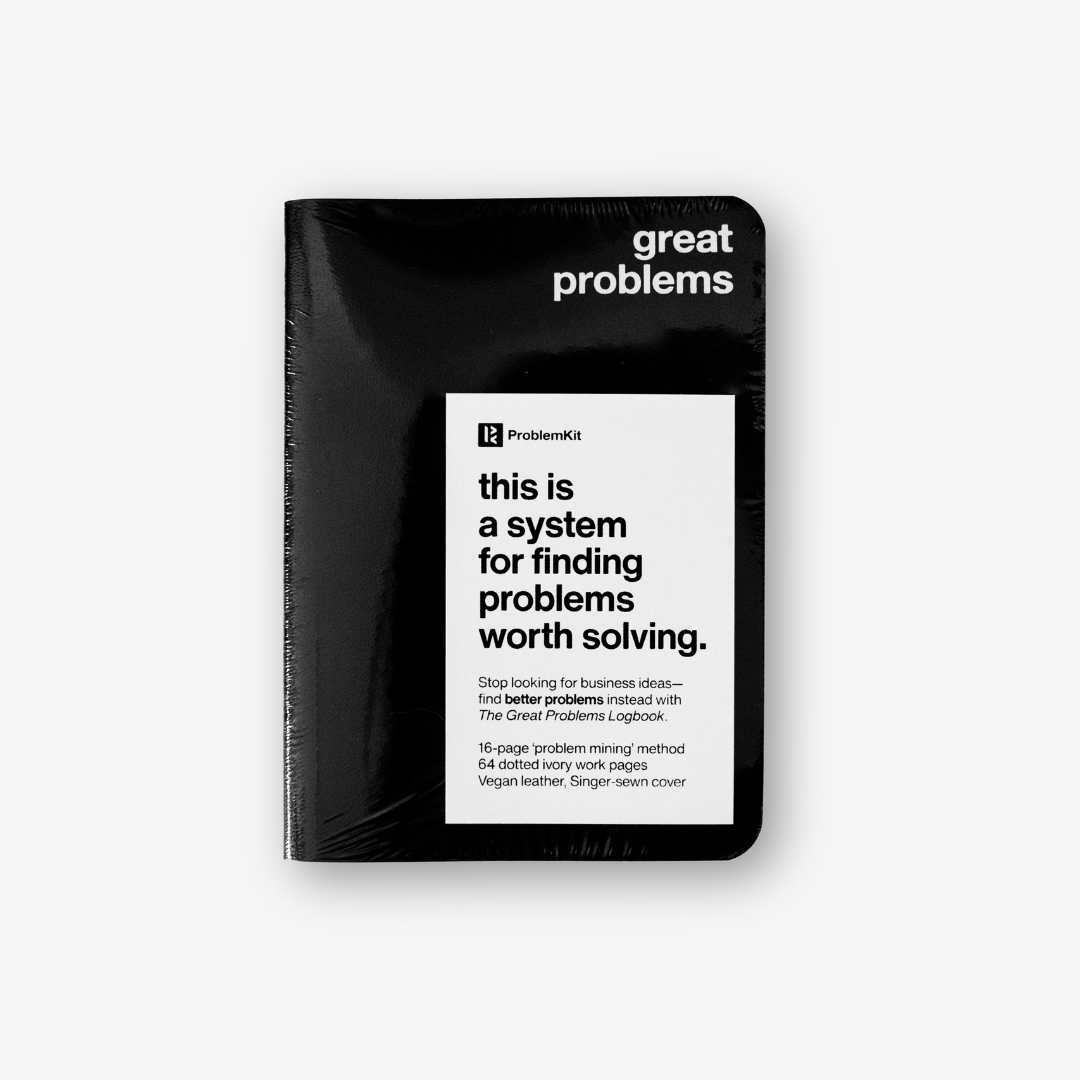
Curating magic
I'm a firm believer that cohort-based programmes only work if you can curate a group that's greater than the sum of its parts.
It's about the magic that's created between people who all bring something different to the dynamic.
The right things in common + the right things not in common.
🎉 Win: We invented a radically new kind of incubator that completely flipped the model... and people applied.
(Thank you for voting for a new pathway into venturing!)
👎 Loss: We didn't get the volume needed to curate a magic cohort.
Which means waiting until:
- We can reach more people
- With an even better offer
Ok, that's the hard part over
🎉 Here's more good news:
- The No Ideas promo workshop at PLUGGED booked out all 50 seats in just 16 hours.
- Through 30+ conversations with VCs, founders, advisors, and others in the venture ecosystem, the message was clear: No Ideas fills a serious gap in the ecosystem.
- 14 of you gave me the warm-and-fuzzies with testimonials that I put at the top of the landing page.
- 4 complete strangers started helping out with No Ideas simply because they loved the concept.
And, totally out of the blue, one of you even DM'd me a 537-word manifesto on why No Ideas is so needed:
"Reading about your incubator nearly brought a tear to my eye because I think it’s the exact kind of start-up founding initiative we need to normalise and spread far and wide."
Now, in case this is useful to you...
5 (hard) lessons learned from trying to launch a challenger incubator
Some of these lessons are universal. Some are about founder psychology. Some are about the current state of venturing in 2025.
1) Launching a Summer programme? Nothing beats a Jet2 Holiday.
Multiply your addressable market by the fraction that doesn't have a holiday booked in the next six weeks.
It shrinks fast.
2) It's easier to rob Future You than to invest in Present You
Equity-funded pre-idea incubators take anywhere from 7-15% of your company for a raise at £50k-250k.
But there's no such thing as a free lunch.
At your post-money valuation, that equity you gave up is worth a lot more than the £1,499 cash offer we ran with for No Ideas.
We learned the pricing was fair—some even suggested it was too cheap—but that doesn't make it a knee-jerk purchase, and it still left it inaccessible to many people we wanted to help.
Combine with lesson 1.
3) Not everyone is comfortable going first
Some people are the first to jump down the water slide.
Most people want to watch someone else go first.
Some people want to know which big names in tech have blessed your water slide design.
Social proof does the heavy lifting.
Combine with lessons 1 and 2.
4) Right place, wrong time
Many of you said No Ideas looked awesome, but it was timed either too early or too late to fit with your journey.
House renovations, job changes, babies on the way... that stuff all comes first. As it should.
Or you're already deep into a new startup idea. Or you reached the end of your runway last month, and we can't let Tiddles run out of biscuits.
Combine with lessons 1, 2, and 3.
5) Cities are SO back
I grew up on the dream of Kevin Kelly's 1,000 True Fans philosophy.
It's still true, but that original essay was contextualised in the boom of the blogosphere and uncrowded digital channels:
A fundamental virtue of a peer-to-peer network (like the web) is that the most obscure node is only one click away from the most popular node. In other words the most obscure under-selling book, song, or idea, is only one click away from the best selling book, song or idea. —Kevin Kelly
What's changed: obscure nodes might technically be only one click away from the most popular nodes, but the distance you have to scroll or swipe to discover them is controlled algorithmically.
Furthermore, content creators are in fierce competition for attention with savvy commercial teams and powerful engagement pods (closed, often paid communities of people who artificially boost each other's work).
Betting on going viral is not a marketing strategy; it's gambling.
One answer?
You might not be able to find 1,000 true fans within a five-mile radius, but you might be able to get the ball rolling with your first 100 if you live in a big city.
I realised too late in this case, but my return-on-time for in-person events was dramatically higher than for content creation.
Getting outside is the new getting online.
Combine with lessons 1, 2, 3, and 4.
What's happening to No Ideas?
It's going to take some time (or a clever partnership) to get the word out before we try again.
In the meantime, the workshop at PLUGGED showed us that there's an appetite for alternative formats...
Watch this space.
Too late for No Ideas, but want to get the book that started it all?

Have we spoken? I'd love to hear from you 💕
Wishing you better problems,
Alex



